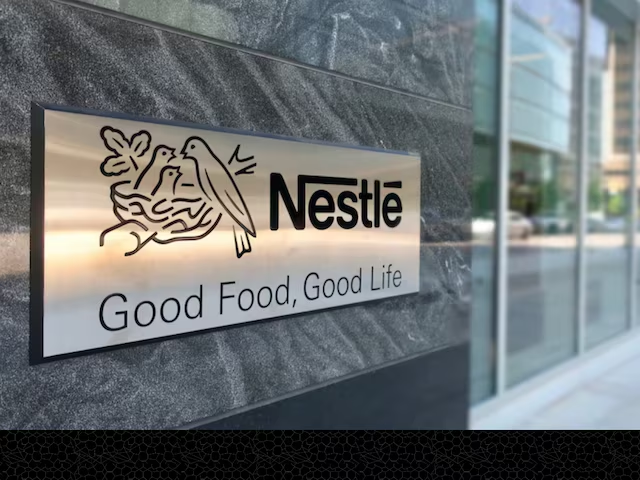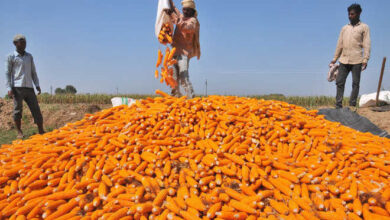Nestle reportedly adds sugar to baby food “only in poor nations,” not in the US or the UK
Nestle’s baby food is allegedly in jeopardy now that Center has taken action against the well-known supplement “Bournvita.” According to recent research, Nestle does not add sugar to newborn milk offered in its primary markets in Europe or the UK, but rather in impoverished nations.

An investigation by the Swiss investigative group Public Eye and the International Baby Food Action Network (IBFAN) was referenced in a Times of India story. Samples of the company’s infant food items supplied in Latin America, Africa, and Asia were submitted to a Belgian laboratory for analysis, which led to the discovery.
IN THE LATEST REPORT, WHAT DOES NESTLE SAY?
According to reports, Nestle did not reply to inquiries from IBFAN and Public Eye. However, a general statement was released stating that over the previous ten years, the “total amount of added sugars in infant cereal portfolio worldwide has reduced by 11 per cent” and that “the level of added sugars will be further reduced without compromising on quality, safety, or taste.”
“Over the past 5 years, Nestle India has reduced added sugars by up to 30%… in our infant cereals portfolio,” a Nestle India spokeswoman told TOI when contacted.
“We regularly review our portfolio and continue to innovate and reformulate our products to further reduce the levels of added sugars without compromising on quality, safety, and taste,” the representative was further cited as saying.
SUGAR COMPARISON IN “CERELAC” AMONG DIFFERENT NATIONS
As to the survey, all Cerelac infant cereals in India—where sales are expected to reach $250 million in 2022—have added sugar, with an average of about 3 grams per serving.
The article provided an explanation of the added sugar amount of the identical Cerelac wheat product in several nations using a graphic.
Thailand: 4 grams for each serving
Ethiopia: each serving is 5.2 grams.
Per piece, 4 grams in South Africa
Pakistan: each serving is 2.7 grams.
India: each part is 2.2 grams.
Bangladesh: each serving is 1.6 grams.
Each piece weighs zero grams.
Germany: Each serving is zero grams.
France: Each part is one gram.
Note: Approximately 4 grams make up a sugar cube or teaspoon.
The article also mentioned how intriguing it is to see this statement on Nestle’s website on infant nutrition: “It is not recommended to add sugar when preparing food for your baby, nor to offer him sugary drinks.” Fruit juices should not be introduced in the first year due to their relatively high natural sugar content, according to several renowned nutrition and health experts.Steer clear of mixed beverages and juices since they include extra sweets. Make sure you always read the label.
According to TOI, this doesn’t seem to apply to its own items that are offered in low- and middle-income nations.
According to Nigel Rollins, a WHO scientist, “there is a double standard here that can’t be justified,” as reported by Public Eye and IBFAN. The fact that Nestle happily adds sugar to these goods in countries with fewer resources but refrains from doing so in Switzerland, he said, “is problematic both from a public health & ethical perspective.”
WHO SAYS WHAT ABOUT EXCESSIVE SUGAR CONSUMPTION?
The World Health Organization (WHO), cited by The Public Eye and IBFAN, issued a warning that early exposure to sugar may lead to a lifetime fondness for sweet foods, raising the risk of obesity and other chronic disorders.
WHO has demanded in 2022 that added sugars and sweeteners be removed from baby food items and that the sector “be proactive” in reformulating their goods to “support public health goals.”







